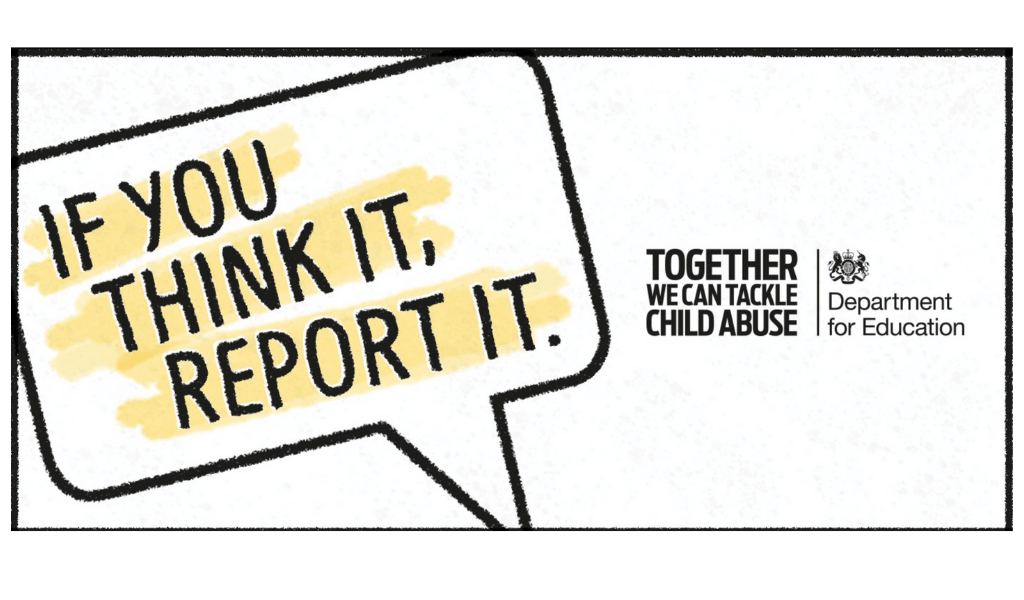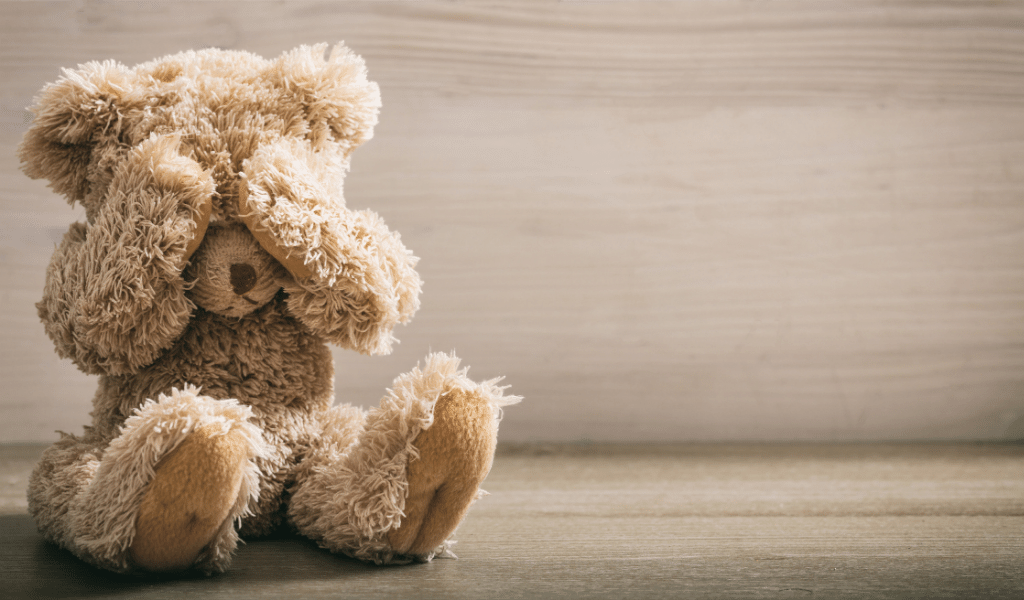On this blog post, early years safeguarding consultant Ann Marie Christian shares with us five ways to improve our responses to child protection in early years. Let’s have a look…
As an early years practitioner, the thought of doubting a person’s behaviour or intentions towards their own child can feel wrong – but it’s something we must do in order to keep children safe. When we signed up to work in early years, we agreed to be compliant and to follow our child protection policies. If we have a concern about a child or family, we must report it to children’s social care or seek advice from the Designated Safeguarding Lead (DSL) in our setting if working in a nursery.
We expect parents and caregivers to provide basic care, stimulation, emotional warmth, guidance, boundaries and stability to their children especially those under 5 years of age who are very dependent on their carers. But as early years practitioners, we are the ones to notice changes in the child’s behaviour, interaction with peers and adults, language, routine, eating, sleeping and toileting habits, body language and play. We must be engaged in the child’s world to sense their wellbeing and cues of distress and be able to spot unexplained bruises, marks or grazes.
“It shouldn’t hurt to be a child…” Jan Hunt
We make assumptions about children and their families based on what we physically see presented in front of us in our interactions. Child abuse does not discriminate and as human being we have personal values and often see the good in people with no doubt. We must be extra vigilant at all times.

As professionals, we put on our reporting hat as soon as we are in our working environment with our little ones. We must be observant when we spend time with them and be extra vigilant watching them play on their own and with peers, monitor their milestones, development and overall health and wellbeing. Parents or caregivers may be distracted on other priorities for example careers, studies, paying bills, caring for other children etc. but we have to be the advocate for the little ones and have that awkward conversation with the carers.
You may be familiar with ACEs (Adverse Childhood Events) and the various theories that explain how it impacts on the brain, health, speech, language, physical, intellectual, emotional and social development of a child.

As colleagues in early years, we have all completed the relevant training that gives us an insight into child development and the importance of a secure attachment between child and caregivers. This is needed to ensure the child has positive wellbeing, can grow up and make sense of themselves and the world and know they are loved.
You can find more information about ACEs in the links below…
Working in child protection for 24 years as a social work practitioner has taught me that people who cause harm to their children:
There are loads more… Access Ann Marie’s Kinderly webinar recordings free from here and learn how to be vigilant and spot the signs of child neglect and abuse, and how to know when to engage with parents and social care departments when safeguarding matters arise.

Ann Marie Christian is an international safeguarding consultant, author and speaker. She is a Trustee of the Association of Child Protection Professionals and social worker of 24 years. She is passionate about safeguarding children especially unborn babies to 5 years old. A manager of child protection teams and a specific 0-5 teams, she has a sound understanding about how child abuse and the need to promote a proactive approach in prevention and earlier intervention as soon as a problem emerges. An NSPCC associate Trainer and Accredited NSPCC child protection trainer she is an advocate in raising the profile of child abuse.